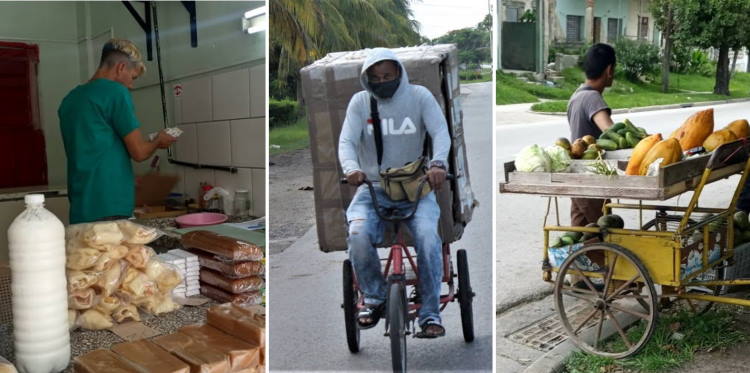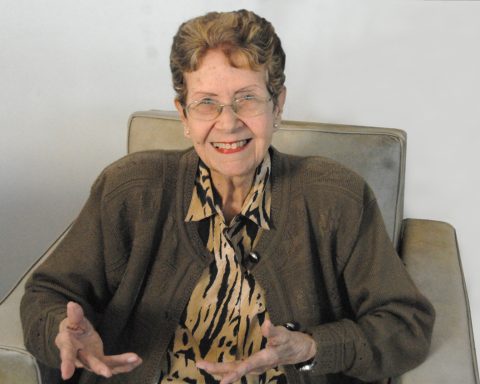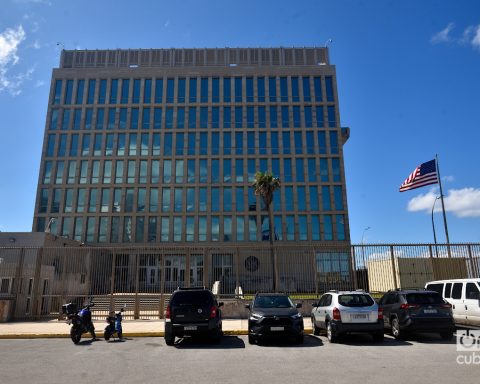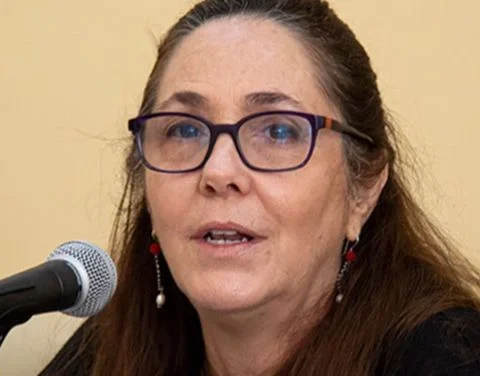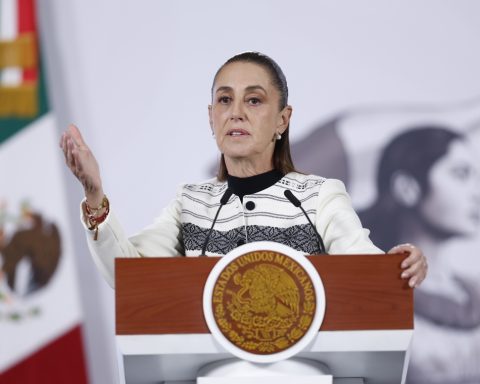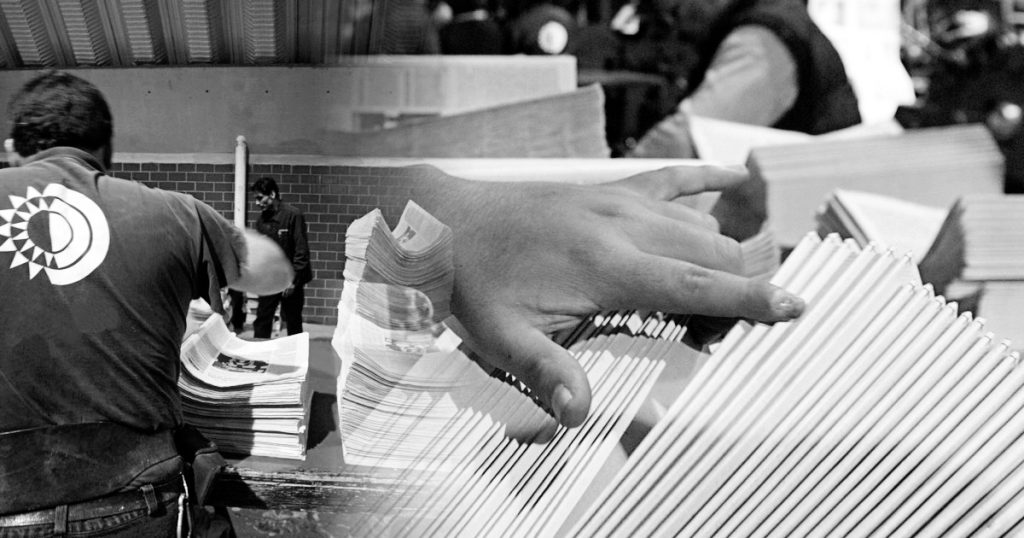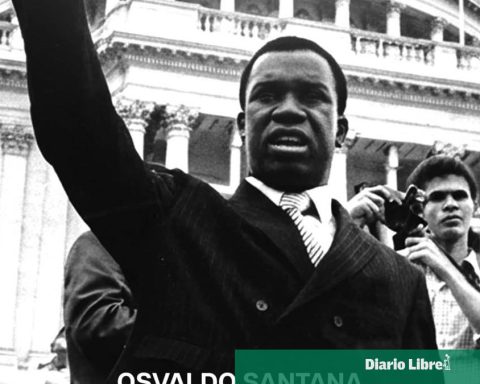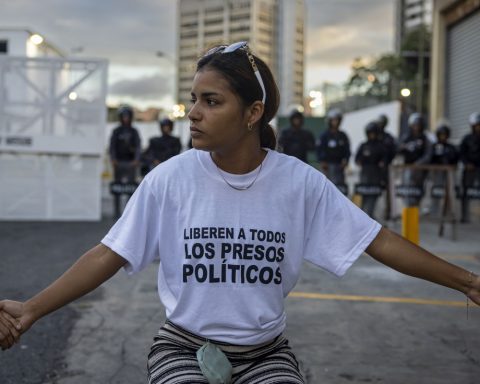VILLA CLARA, Cuba. — Geisy has been looking for a convenient place to work for three months where she can earn around 5,000 pesos a month. For less money she has found some job offers on the call candongaa market next to the city’s hospitals where all kinds of businesses come together: clothing, footwear, hardware, and light or resold food from MLC stores.
Geisy is 22 years old and due to an early pregnancy she was unable to finish the middle technician in Accounting. In the common area of the candonga he stands for more than eight hours a day at a stand where he prepares bread with cheese and fruit shakes, but the payment depends on what he manages to sell that day. In addition, he must loudly promote his offer and when it rains, leaks tend to fall inside the establishment. Geisy confirms that the conditions are not the best.
“Since there are so many similar stalls, the competition is great and almost all of us sell the same thing,” says the girl. “I would like something more stable and that gives me more money because life is very hard. The other thing is the bars, but you have to stay up all night and the salaries aren’t that high either.”
The sources of employment in own-account businesses have been drastically exhausted in Cuba in recent months: those who have a stable position do not want or cannot leave it; in other cases, the owners themselves have assumed the roles of vendors or food processors for net profit. For young people, the situation is extremely worrying, especially for those who do not have university or intermediate level degrees, even worse if they are divorced mothers in charge of small children.
On the other hand, a high percentage of people of working age have left their jobs in the state sector to try their luck as TCPs, but factors such as the limited availability of inputs and the inflation of prices in the informal market have put an end to the sustainability of many of these new ventures. Recent data shared by the National Office of Statistics and Information (ONEI) and the Ministry of Labor and Social Security (MTSS) confirm that there are 66,200 unemployed citizens in Cuba, which represents an unemployment rate of 1.4%. At the end of February 2021, Cubadebate reported that 92,651 Cubans had gone to the offices of the labor directorate in search of employment, but that only 52% accepted the job proposals offered.
Vacant positions, but low salary
A quick search in the two Telegram groups “Work Wanted” and “Work in Cuba” reveals that the majority of applications for job positions, both in the private and state sectors, are made by people between 20 and 30 year old. A large part of the proposals belong to the sector of gastronomy, hairdressing or work related to construction.
Hi, I’m 20 years old and I’m looking for a part-time job, preferably in the evenings and on weekends. I have already worked as a clerk in cafeterias. I have a good command of English and I am a fast learner,” wrote a girl named Arianne in “I work in Cuba.” Ads from state companies such as Suchel Camacho or the electricity company are also shared by users in these groups.
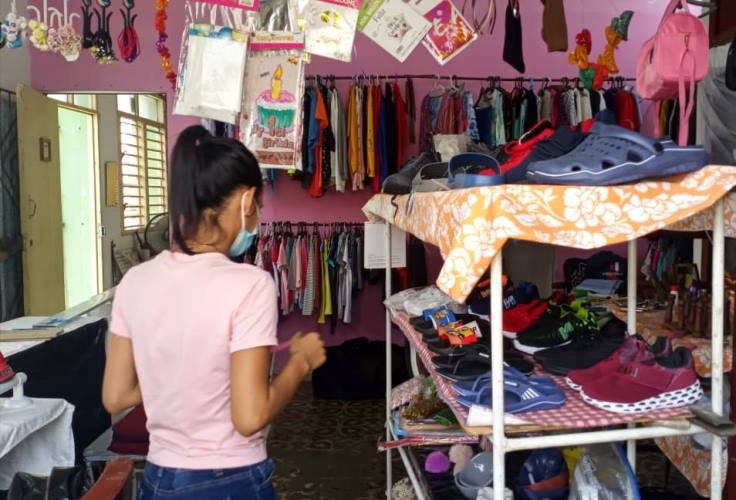
Last year, the Ministry of Labor and Social Security uploaded the Working in Cuba application to the networks, which would include proposals from both the state and non-state sectors. The apk allows you to select fields such as the level of education, the province and the minimum wage. For a middle-level graduate, in the province of Villa Clara, for example, jobs are offered as an inspection assistant for the Electricity Company, Collector Reader, Train Driver, electrician, tobacconist or electrical lineman. The salary of these positions does not exceed 3,500 pesos per month.
“I myself was working as an electrician,” says Alexis, a young man from Villa Clara who gave up his job in Caibarién and now occupies a position as a cane peeler in a guarapera. “A day I can get away with 500 or 600 pesos, much more than he earned when he worked eight hours cutting the cables of people who did not pay electricity.”
Currently, there are more careers on offer than students opting for them and only 47% of graduates are working in jobs related to what they studied, as confirmed last month by the official newspaper Rebel Youth. Likewise, the figures shared by the ONEI indicate that more than 830,000 young people do not work or seek employment in Cuba. Meanwhile, on Cuban television they broadcast some spots in which positions are requested for the police or as insurance agents.
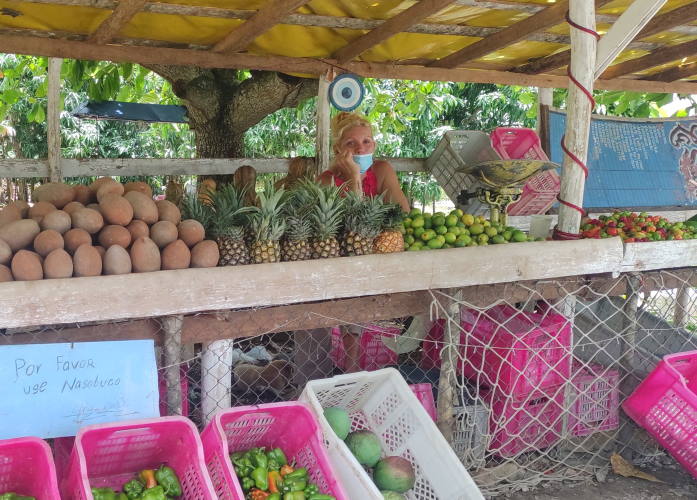
Of hard jobs with better pay
“I started looking for a job as a hairdresser, but nobody wrote to me,” a 24-year-old girl named Melisa replies via Telegram. “I ended up accepting a job as a caregiver for an elderly woman, something that nobody wants to do in their life and less so when they are so young, but they pay me very well.”
Job offers as caregivers for the elderly or children who are not yet of school age are among the most requested on online platforms. However, not all young people are willing to spend their time on these tasks. There are even some truly unusual proposals: such as “swimsuits for the sick” or “companions for people bedridden in a hospital”.
Among the jobs that abound the most and are currently better paid in Cuba is that of reseller or kiosk. In a small investigation of the Camacho and Santa Catalina districts of Santa Clara, more than 120 stalls were found in which the same merchandise is offered. If other areas of the city were added, the figures could indicate that a large part of the supposedly unemployed young people earn a living by taking a few pesos above the offer of the MLC stores.

“It doesn’t go far either, because you can’t be an abuser,” says Yariannis, a 34-year-old woman living in the Condado neighborhood who says she had no choice but to “be a reseller” since her studies are not enough to deal with ” public prepared”, but that “taking accounts there is no one who beats him”.
At his stall located at the entrance to a passageway, he has packages of chicken at 1,800, sausages at 190, intimates, and Goya seasonings. None of these products belongs to her, but she receives a percentage of the daily sales.
“I am not the owner of the currency. My role is to queue and sell. This is not easy, you have to hunt for things when they appear in stores, sometimes even paying those who inform you of what they are going to get. I have already been warned that this cannot be done, but I would rather pay a fine than stop working.”
Receive information from CubaNet on your cell phone through WhatsApp. Send us a message with the word “CUBA” on the phone +1 (786) 316-2072, You can also subscribe to our electronic newsletter by giving click here.
